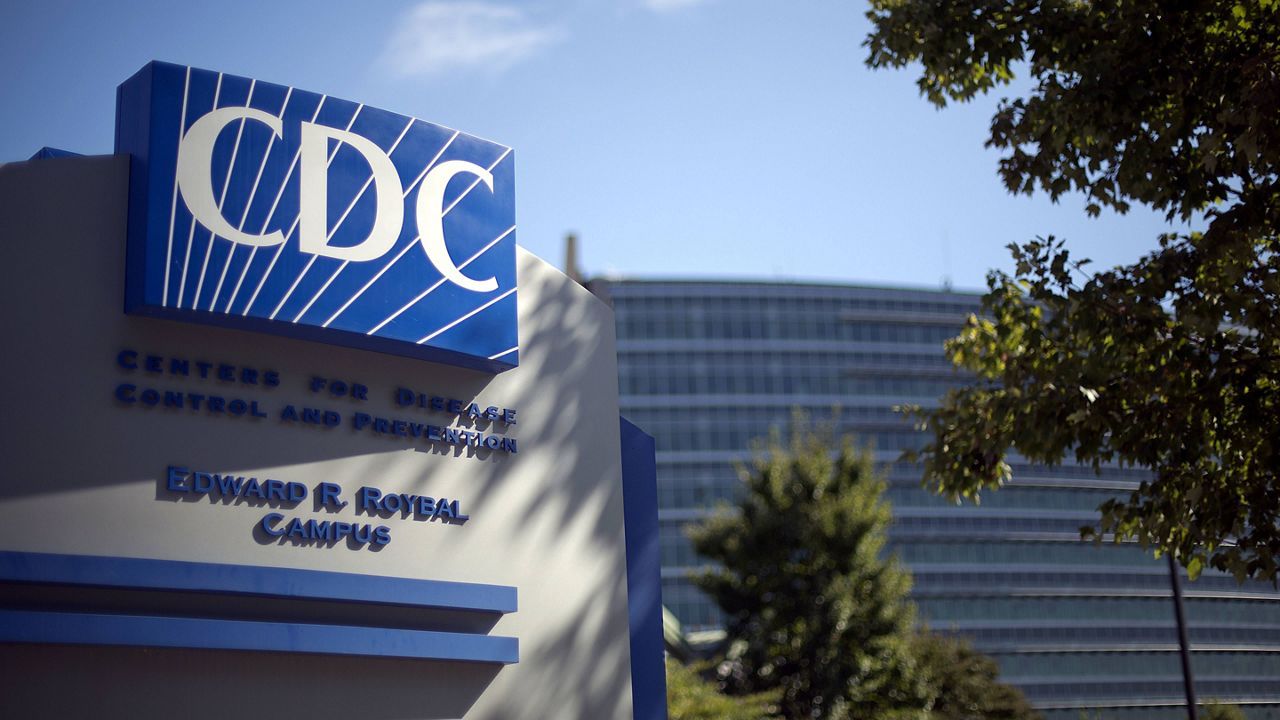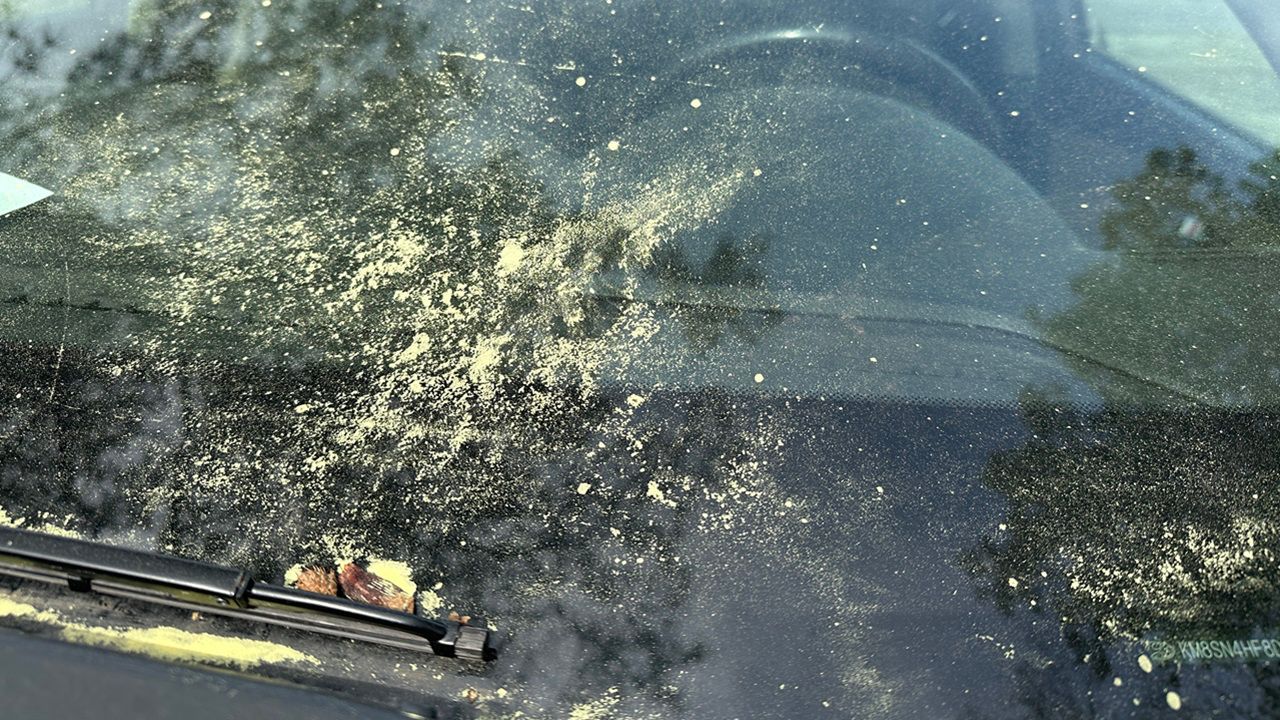CHARLOTTE, N.C. — One Charlotte mother says she never smoked in her life and was surprised when she got lung cancer.
What You Need To Know
- November is Lung Cancer Awareness Month
- Recent studies have found that more non-smokers are getting lung cancer
- The Centers for Disease Control and Prevention reports up to 20% of lung cancer diagnosis are in people who have never smoked
- Vicky Foster says she ignored her symptoms at first. When she was diagnosed with lung cancer it was stage 4
Four years ago, Vicky Foster noticed something wasn’t right when she was cycling. She struggled to breathe during class.
“I couldn’t get enough air,” Foster said. “I thought I was tired, and I came back the next week and the same thing happened.”
Foster is a single mom. She was busy working and taking care of her 7-year-old daughter, Nila. She ignored her continuous cough and shortness of breath until it was unbearable.
“I care for everyone else, but when it came to myself I was like, ‘oh I will go later,’” Foster said. “When I finally went to see what the cough was about, that was when it was discovered.”
Foster was diagnosed with stage 4 lung cancer. According to the American Cancer Society, 8% of people with distant non-small cell lung cancer live past five years. If the cancer is regional, the rate is 37%.
“Initially I was in shock,” Foster said. “But I told myself 'you have to fight this' to be a survivor for myself and my daughter.”“Initially I was in shock,” Foster said. “But I told myself 'you have to fight this' to be a survivor for myself and my daughter.”
She was surprised because she never smoked. Atrium Health Director of Lung Cancer Screenings and Pulmonologist Dr. John Doty says while about 80% of patients diagnosed with lung cancer have smoked, about 15-20% of patients are non-smokers.
“We don’t really know why that is,” Dr. Doty said. “There are certainly other things in the environment that are known to cause lung cancer.”
Doty says non-smoking risk factors include exposure to high levels of radon. This is a radioactive gas that exists in soil and can enter homes through gaps and cracks. Another factor is air pollution, such as exhaust from vehicles or power plants. Genetics can also play a role, but Doty says they are still learning about that field.
“I think many of us who screen for lung cancer struggle with the question, ‘are we screening the right people?’” Doty said. “Hopefully some of that research into causes other than cigarette smoking would lead us to populations of people that would benefit from lung cancer screenings.”
Foster had chemotherapy and now is still undergoing radiation, she has to take pills everyday to help with her symptoms. But she is glad she has survived four years.
“I feel fabulous to be alive,” Foster said. “I do have my down days. But I am reminded that this is just temporary and I have faith that I will see it through.”
Doty says there are several symptoms of lung cancer to look for. This can include coughing up blood, chest pain, shortness of breath and wheezing. Smokers who are 50 to 80 years old should be screened for lung cancer every year. There aren’t currently recommendations for screening non-smokers, but if someone has concerns they should contact their primary care physician.










